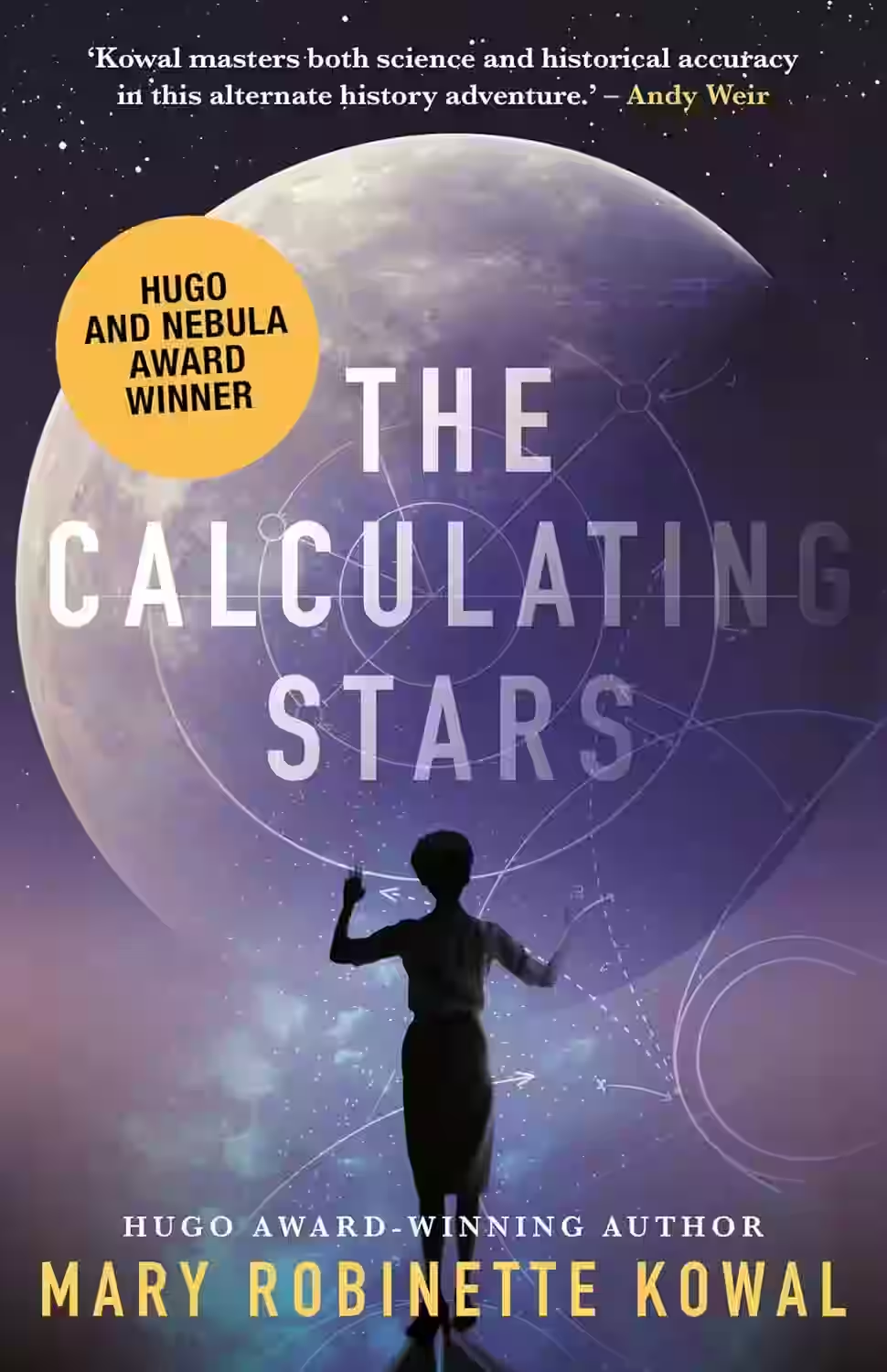
Mary Robinette Kowal’s The Calculating Stars launches the Lady Astronaut series with an alternate history twist. After a meteorite strike accelerates climate change in the 1950s, Earth faces a ticking clock—and humanity must turn to space. Elma York, a former WWII pilot and mathematician, fights against sexism and prejudice to become the first female astronaut. Combining hard science, historical realism, and social commentary, the novel explores ambition, anxiety, and resilience in the face of global catastrophe. Winner of the Hugo and Nebula Awards, it’s a thrilling and empowering story about breaking barriers and reaching for the stars.
About The Lady Astronaut Series
Beginning with The Calculating Stars, this alternate history series imagines a world where a meteorite strikes Earth in the 1950s, accelerating climate change and sparking a race to colonize space. Elma York, a mathematician and pilot, battles sexism to become the first Lady Astronaut. The series explores gender, race, anxiety, and scientific innovation while maintaining historical detail and hope-filled optimism. With sequels like The Fated Sky and companion novellas, The Lady Astronaut series blends emotional resonance with retrofuturist space exploration.
About Mary Robinette Kowal
An American author known for her historical fantasy series, The Glamourist Histories, which blends Regency England with magic. Kowal's work features witty dialogue, strong female characters navigating societal constraints, and an exploration of the intersection of science and magic. She is also known for her expertise in puppetry, which often informs her storytelling. Her elegant prose and engaging narratives have earned her numerous accolades.
Similar Books
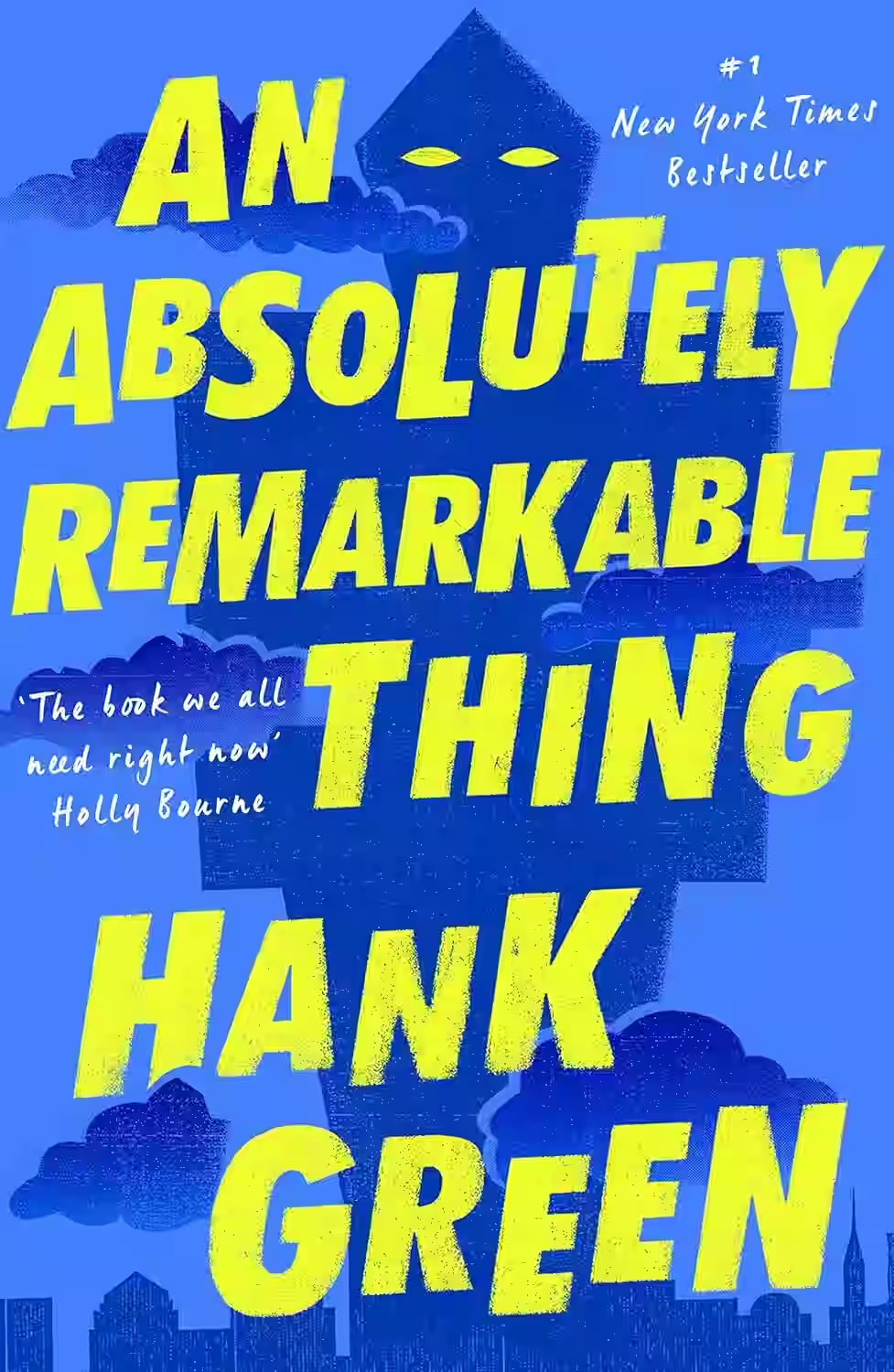
An Absolutely Remarkable Thing
by Hank Green
In 'An Absolutely Remarkable Thing' by Hank Green, readers plunge into a world where a mysterious figure known as Carl transforms society with a series of perplexing statues around the globe. The protagonist April May becomes an overnight celebrity as one of the first to discover and share information about these statues. As the story unfolds, themes of social media, fame, relationships, and the consequences of rapid change become central. Green expertly weaves a narrative that explores the complexities of human nature and the allure of power and recognition. With a mix of humor, suspense, and reflection, this book challenges readers to contemplate the impact of their actions in an increasingly connected world.
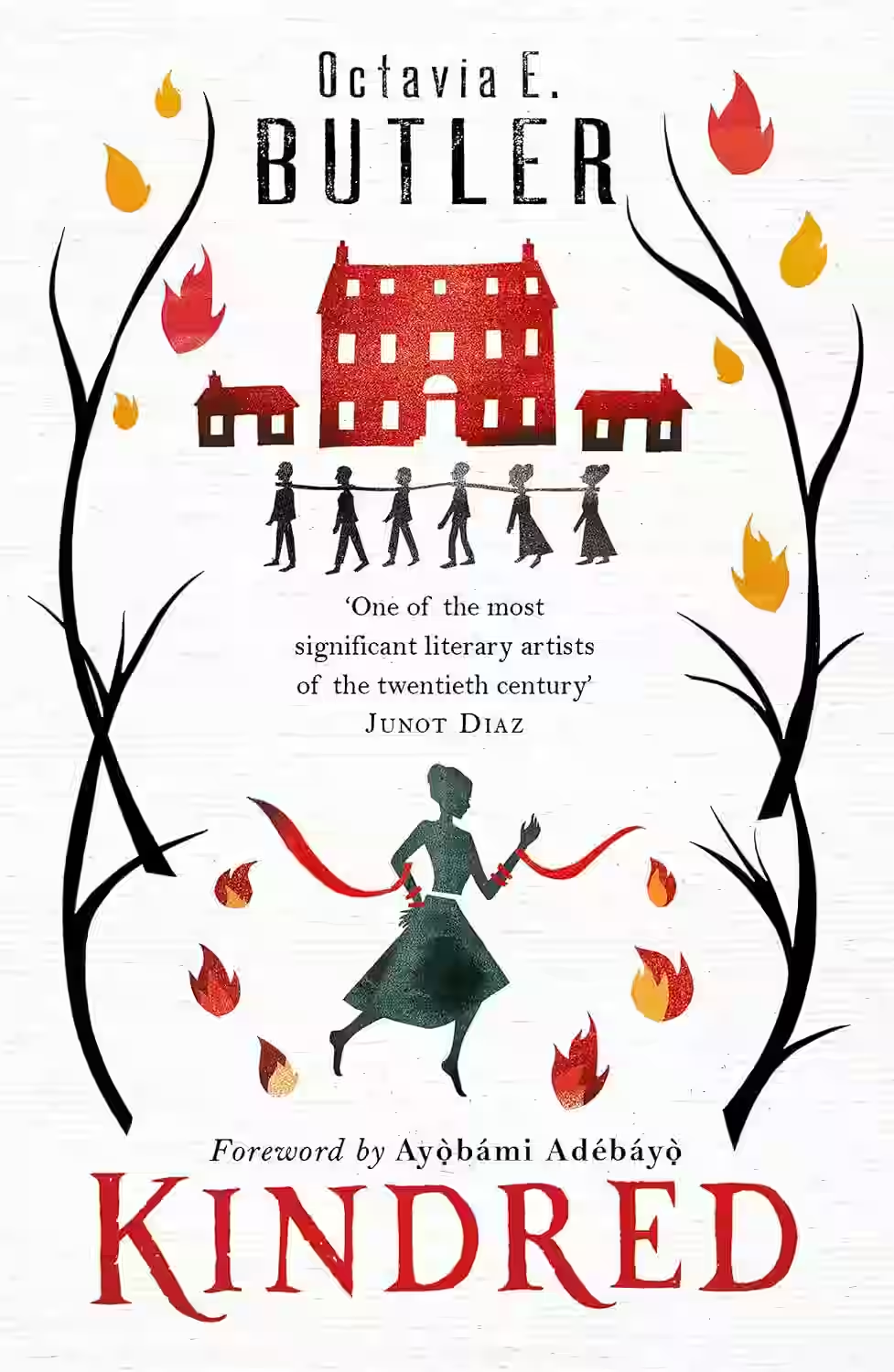
Kindred
In 1976, Dana dreams of being a writer. In 1815, she is assumed a slave. When Dana first meets Rufus on a Maryland plantation, he's drowning. She saves his life - and it will happen again and again. Neither of them understands his power to summon her whenever his life is threatened, nor the significance of the ties that bind them. And each time Dana saves him, the more aware she is that her own life might be over before it's even begun.
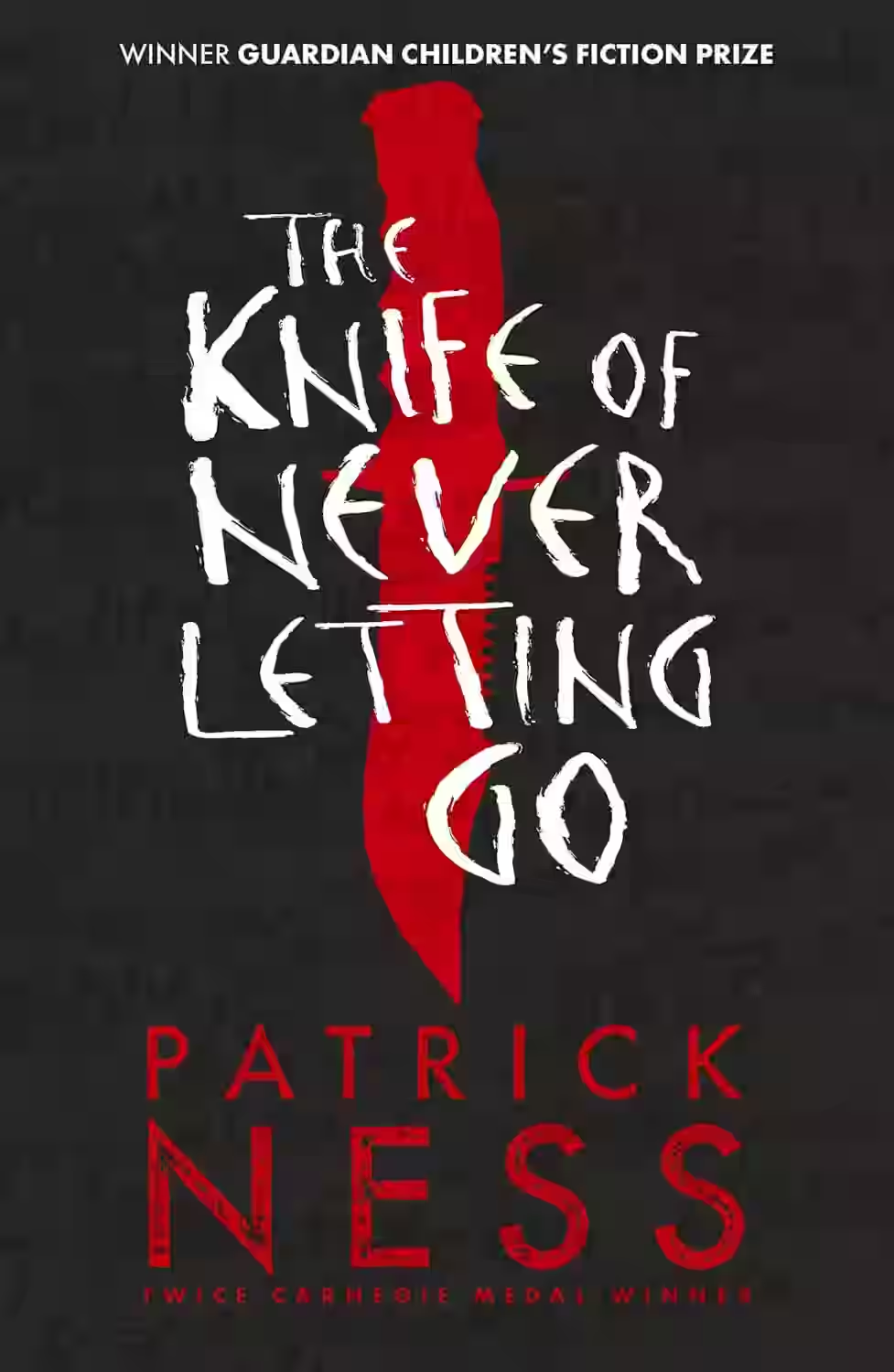
The Knife of Never Letting Go
by Patrick Ness
Series: Chaos Walking (#1)
Set in a dystopian world where every living creature can hear each other's thoughts in a constant, chaotic stream called Noise, 'The Knife of Never Letting Go' follows young Todd Hewitt as he discovers a chilling secret that sends him on the run from his seemingly utopian society. As Todd navigates this cluttered world with his loyal dog Manchee, he confronts themes of adolescence, identity, and the oppressive nature of secrets. Patrick Ness crafts a gripping narrative that explores masculinity, the perils of ignorance, and the complicated path to maturity in a novel packed with suspense and emotional depth.
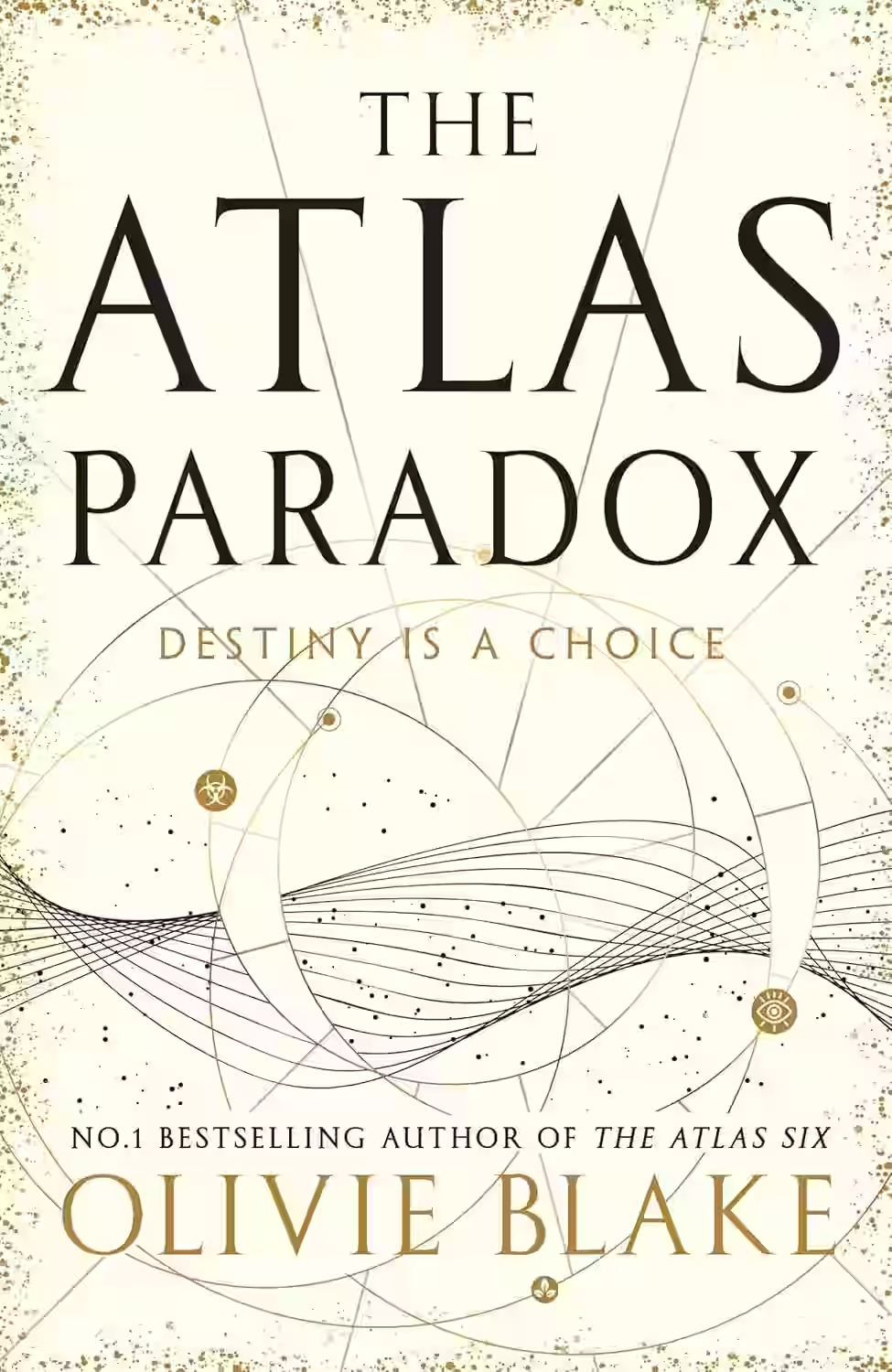
The Atlas Paradox
by Olivie Blake
Series: The Atlas (#2)
In 'The Atlas Paradox,' Olivie Blake continues to captivate readers with her blend of intrigue and intellectual challenge. As a sequel to 'The Atlas Six,' this novel dives deeper into the mysterious world of the Alexandrian Society, where six gifted magicians vie for their place among an elite group. Each character, with their unique abilities and motivations, navigates moral dilemmas and shifting alliances, revealing the corrupt underpinnings of their world. Blake deftly weaves a narrative that combines complex character development with philosophical questions about power, knowledge, and ethics. The book's stimulating dialogue and suspenseful plot maintain a gripping pace, enticing readers to ponder the true cost of ambition. 'The Atlas Paradox' is a thought-provoking exploration of the human psyche, making it a must-read for aficionados of dark academia and speculative fiction.